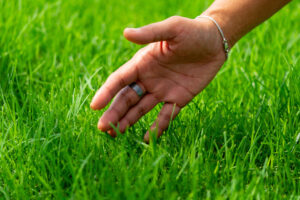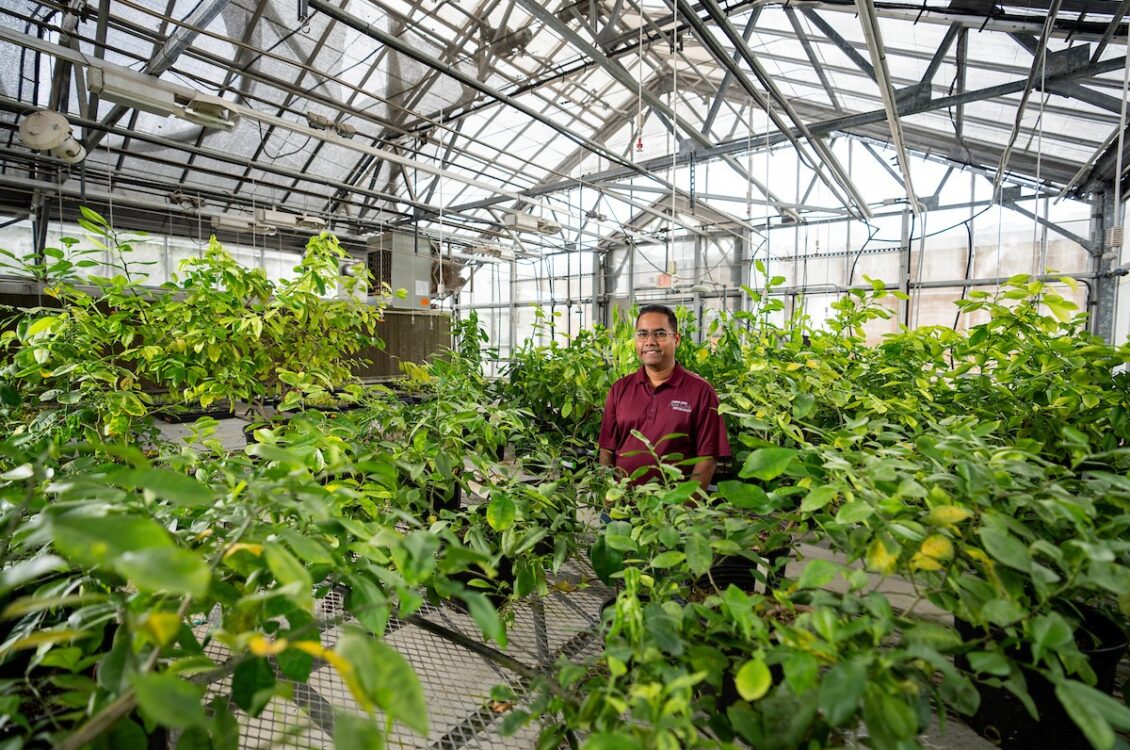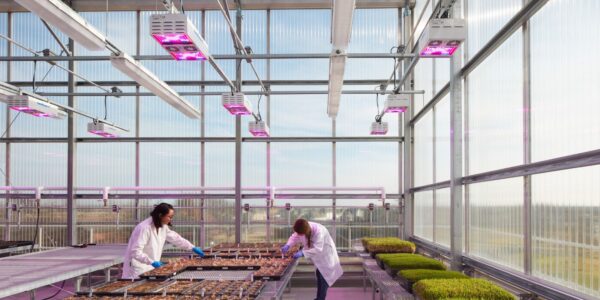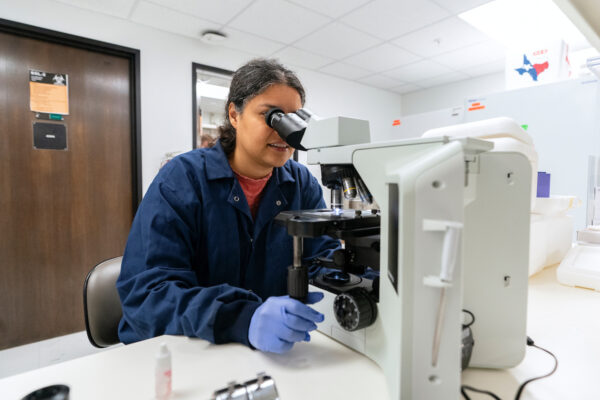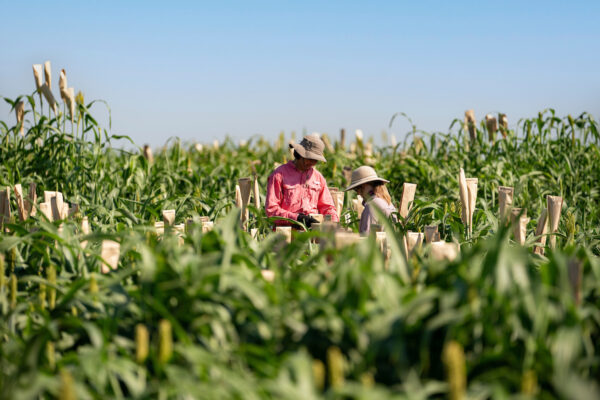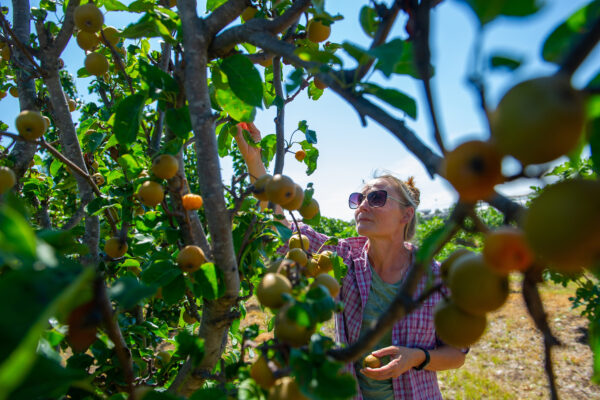What We Do
Texas A&M AgriLife Research pioneers knowledge about agriculture, natural resources and the life sciences to nourish health, strengthen communities and support economies.
- 500+Doctoral level scientists across affiliated Texas A&M entities
- $285.2MAgriLife Research annual research expenditures, fiscal year 2023
- 240.2MCompetitive grants awarded in fiscal year 2023
- $10.8MAgriLife Research royalties from intellectual property, fiscal year 2022
AgriLife Research Capabilities
With access to 13 research and extension centers across the state, 20 academic departments, five state agencies, 11 campuses of The Texas A&M University System, and nine interdisciplinary research institutes, AgriLife Research delivers far-reaching benefits to Texas food, feed and fiber systems that impact the world.
Four synergistic strategic priorities
Texas A&M AgriLife Research operates with consideration to four interconnected strategic priorities. Each of these works synergistically with its three counterparts, as we must advance all to advance each.
Texas A&M AgriLife turfgrass program leads through innovation
From backyards, football fields and golf courses, science is reshaping the turfgrass experience The science of turfgrass has come a long way in recent decades. Whether turfgrass breeders and programs produced varieties for a carpet-like lawn, the perfect ball roll on a golf putting green, or to support the weight and athleticism of 300-pound football…
